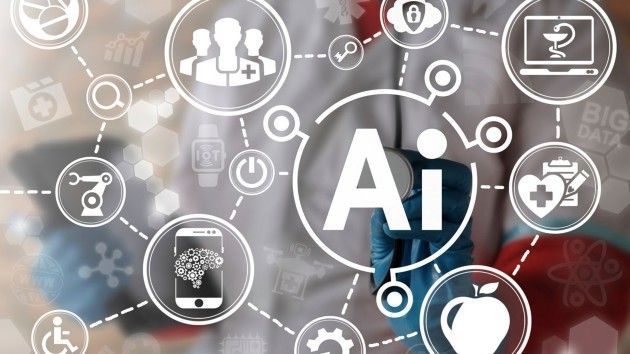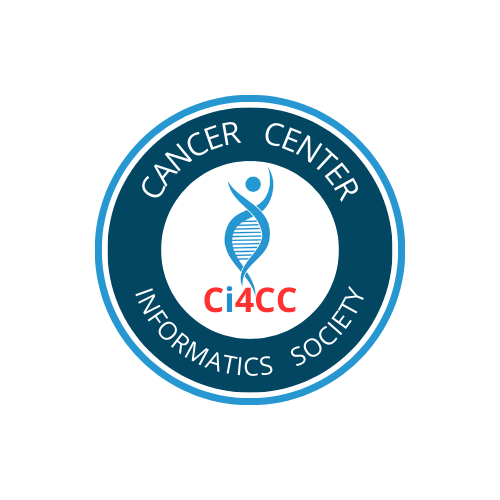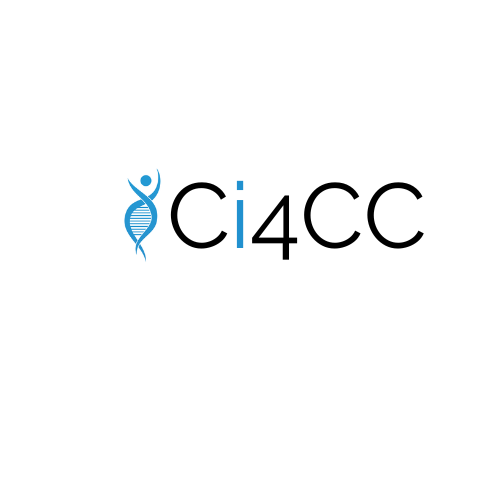DeepMind’s new AlphaGenome AI tackles the ‘dark matter’ in our DNA
Tool aims to solve the mystery of non-coding sequences — but is still in its infancy.
Nearly 25 years after scientists completed a draft human genome sequence, many of its 3.1 billion letters remain a puzzle. The 98% of the genome that is not made of protein-coding genes — but which can influence their activity — is especially vexing.
An artificial intelligence (AI) model developed by Google DeepMind in London could help scientists to make sense of this ‘dark matter’, and see how it might contribute to diseases such as cancer and influence the inner workings of cells. The model, called AlphaGenome, is described in a 25 June preprint.
“This is one of the most fundamental problems not just in biology — in all of science,” said Pushmeet Kohli, the company’s head of AI for science, at a press briefing.
The ‘sequence to function’ model takes long stretches of DNA and predicts various properties, such as the expression levels of the genes they contain and how those levels could be affected by mutations.
“I think it is an exciting leap forward,” says Anshul Kundaje, a computational genomicist at Stanford University in Palo Alto, California, who has had early access to AlphaGenome. “It is a genuine improvement in pretty much all current state-of-the-art sequence-to-function models.”
Link to full article:
https://www.nature.com/articles/d41586-025-01998-w
Share this Article with others






